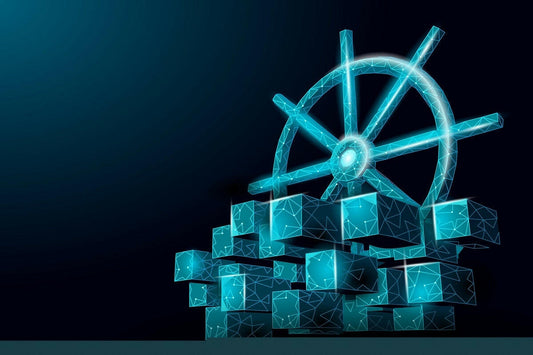Course Overview
What You Will Learn
Program Curriculum
Instructor
Donald Tevault
Donald A. Tevault—but you can call him Donnie—got involved with Linux way back in 2006 and has been working with it ever since. He holds the Linux Professional Institute Level 3—Security certification, and the GIAC Incident Handler certification. Donnie is a professional Linux trainer, and thanks to the magic of the internet, teaches Linux classes globally from the comfort of his living room. He's also a Linux security researcher for an IoT security company.
Join over 1 Million professionals from the most renowned Companies in the world!
Empower Your Learning with Our Flexible Plans
Invest in your future with our flexible subscription plans. Whether you're just starting out or looking to enhance your expertise, there's a plan tailored to meet your needs. Gain access to in-demand skills and courses for your continuous learning needs.
Pro
Ideal for continuous learning, offering extensive resources with 900+ courses and diverse Learning Paths to enhance your skills.
What is included
- 880+ Premium Short Courses
- 70+ Structured Learning Paths
- Validation of Completion with all courses and learning paths
- New Courses added every month
Pro +
Experience immersive learning with Practice Labs and CTF Challenges for comprehensive skill-building.
Everything in Pro and
- 1600+ Practice Lab exercises with guided instructions
- 150+ CTF Challenges with detailed walkthroughs
- New Practice Labs and Challenges added every month












